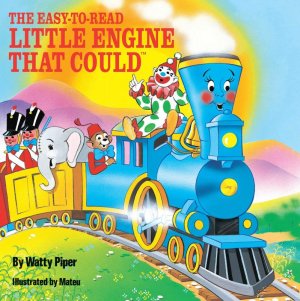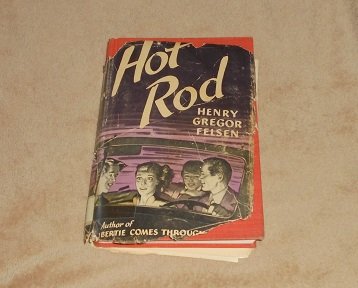Ruby Rose
Location: Canadian Prairies
Seeing we are in Lent, I thought I would share an experience I had on Good Friday in 1964. While stationed in Germany, my husband and I went for a drive and came upon a sign that basically said 'tourists come and visit the garden' and we did. It turned out to be one of the infamous Nazi Concentration Camps. The horrors of the war were firmly implanted in our mind as we walked, and talked only in whispers--we couldn't bring ourselves to talk normally. The ghosts of lost souls were all around you. You could hear, see, smell, and yet there was no one there now. We saw displays of remnants of people's lives: piles of children's shoes, dentures, eyeglasses . . . You left wearing a cloak of great sadness for what was. As said, our visit was made on Good Friday in Lent, which made it even more memorable, as something that shouldn't have been.
When I got back to the base, I visited the base library, and borrowed their book The Rise and Fall of the Third Reich by William Shirer. I wanted to educate myself about what I had just witnessed. I didn't know anything about the Holocaust until this time. This was my first historical book of any nature, and I have never forgotten the contents of that book. Also, then, I understood why my father and his brothers, military all, and my grandfather who had been part of World War One, all tried to stop me, without words but in other ways, from heading off to Germany.
When I got back to the base, I visited the base library, and borrowed their book The Rise and Fall of the Third Reich by William Shirer. I wanted to educate myself about what I had just witnessed. I didn't know anything about the Holocaust until this time. This was my first historical book of any nature, and I have never forgotten the contents of that book. Also, then, I understood why my father and his brothers, military all, and my grandfather who had been part of World War One, all tried to stop me, without words but in other ways, from heading off to Germany.



